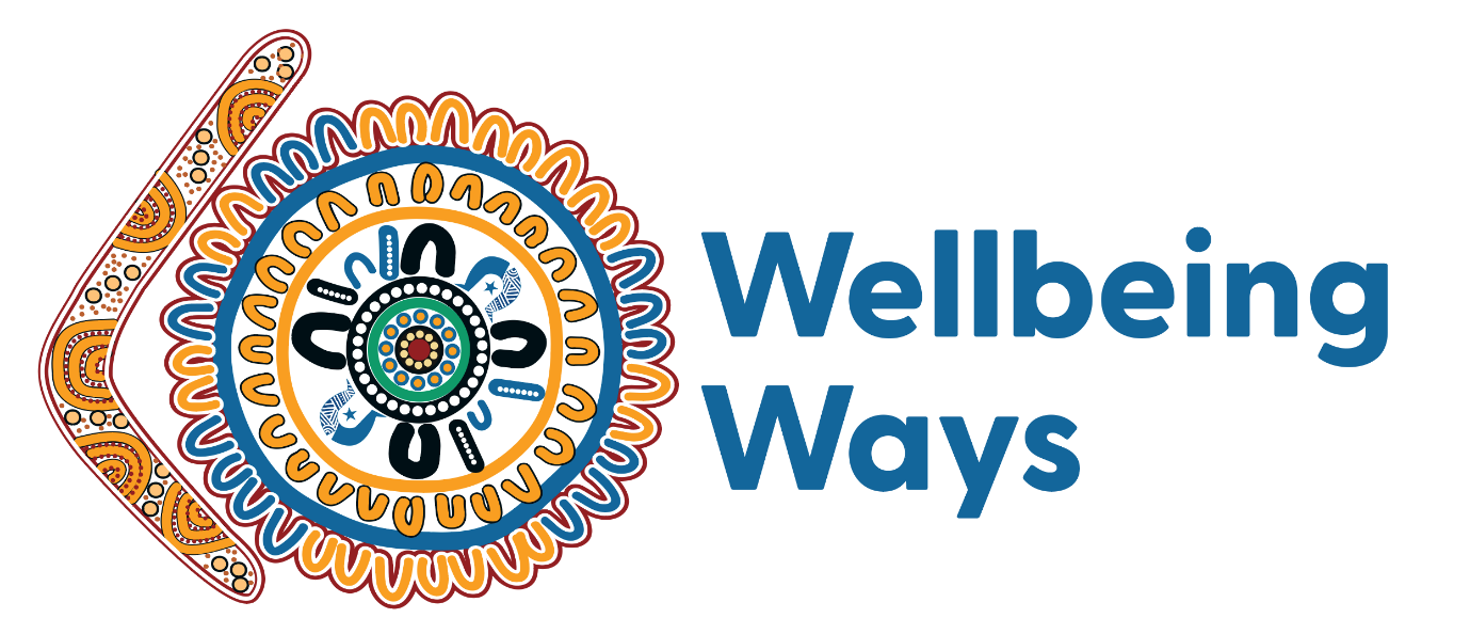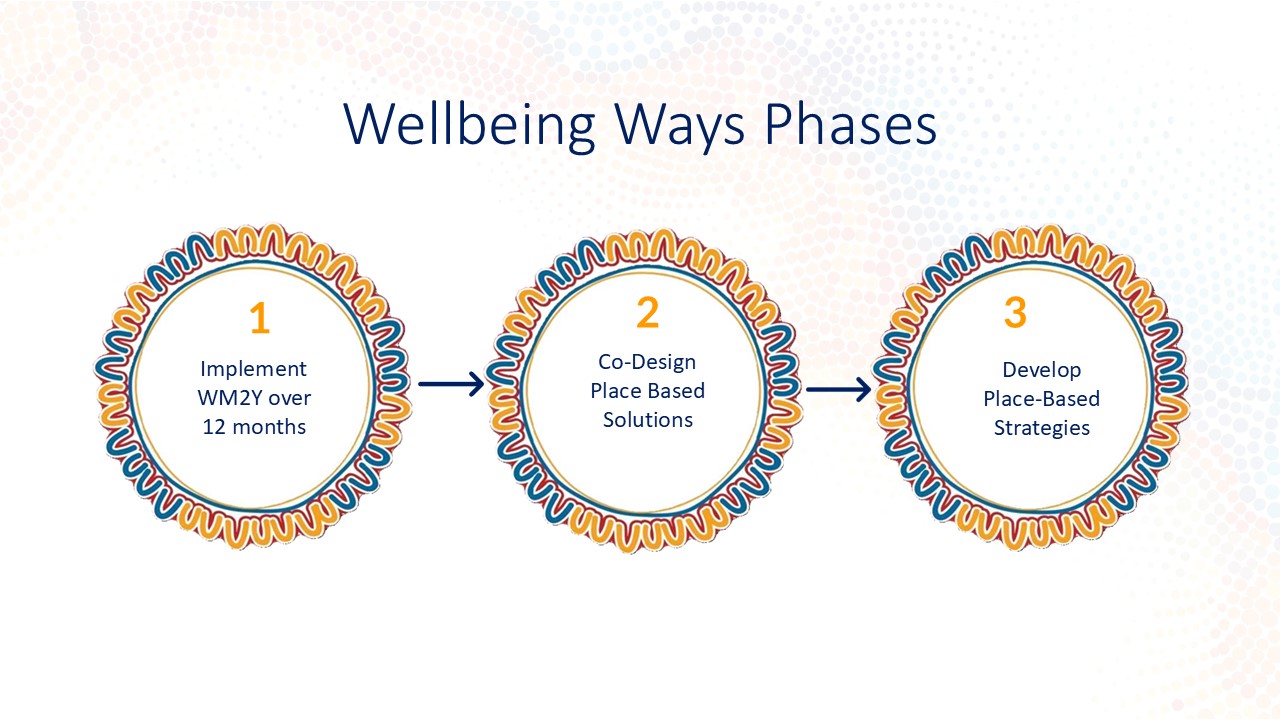 A new nationally relevant wellbeing measure for First Nations adolescents, called What Matters 2Youth (WM2Y), has been developed by a Queensland- and First Nations-led team. WM2Y is grounded in First Nations adolescents’ views and is the first tailored wellbeing measure to effectively guide and evaluate programs, services, and policies for this population.
A new nationally relevant wellbeing measure for First Nations adolescents, called What Matters 2Youth (WM2Y), has been developed by a Queensland- and First Nations-led team. WM2Y is grounded in First Nations adolescents’ views and is the first tailored wellbeing measure to effectively guide and evaluate programs, services, and policies for this population.
Wellbeing Ways is a two-year project, which will implement routine longitudinal administration of WM2Y in four Queensland high schools to assess wellbeing and co-design resources, activities, and referral pathways to effectively support First Nations students’ wellbeing. Development of scale up strategies will allow the translation of findings to schools across Queensland.
Lead investigator
Associate Professor Kate Anderson, The Australian National University
Investigators
- Professor Gail Garvey, The University of Queensland
- Professor Michelle Dickson, The University of Sydney
- Professor Kirsten Howard, The University of Sydney
- Associate Professor Darren Garvey, Curtin University
Principal Research Project Officer
Neelam Malik, The University of Queensland

- Implement WM2Y over 12 months
- Co-design placed-based solutions
- Develop place-based strategies
Current progress: Phase 1
Phase 1a – Pre-implementation: Complete
Yarning with school staff and mentors from support organisations to understand how each school would like to administer the WM2Y measure to their First Nation students.
Phase 1b –Implementation: Ongoing
The WM2Y measure will be administered multiple times to First Nations students, aged 12-17 years old, at each of our 4 school sites. Schools will be able to track and measure their student's wellbeing over time to be able to support the wellbeing needs of their First Nations students.
Phase 1c – Evaluation: Up Next
We will yarn with schools and First Nations students to understand their experiences of using/ administering the WM2Y measure so that we can plan for the sustainable use of the measure beyond the study.
The WM2Y measure is a wellbeing measure for Aboriginal and Torres Strait Islander young people aged 12–17.
The measure is developed from the ground up, to privilege the voices, values and experiences of Aboriginal and Torres Strait Islander youth through photo yarning.
Partner schools
Tagai State College
Tagai State College is located in Thursday Island, North Queensland region and has 17 school campuses and TAFE facility are spread across 15 islands and 48,000 square kilometres of ocean. Education is provided from Kindergarten through to Year 12 with a specific focus on delivering excellence across two key areas of study: Torres Strait Arts, Language & Culture (Dance, Music and Visual Arts) and Land and Sea Sciences.
Mareeba State High School
Mareeba State High School (MSHS) is a state secondary school located in Mareeba, in the Cairns Hinterland in Far North Queensland. MSHS has a student population of 820 young people, with 32% of these students identifying as First Nations. MSHS is a proud pillar of the community. Our purpose is to develop quality education through a partnership of staff, students, family and the community.
Heatley Secondary College
Heatley Secondary College is situated in the geographical heart of Townsville, Heatley Secondary College is much more than a traditional high school. We educate students of all ages and abilities - future focused secondary education for Years 7 to 12, industry aligned digital training producing “job ready” graduates, and adult learning for new career directions.
Hymba Yumba Independent School | Inspiring jarjums to learn and lead in both worlds
Hymba Yumba Independent School (HYIS) was founded in 2011 by Uncle Albert Holt and has been built upon the traditions of Indigenous culture, spiritualty, and identity. The school has over 280 students and 50 staff making up the school community, with 88% of these students identifying as First Nations. HYIS is situated in Springfield on the traditional land of the Jagera, Yuggera and Ugarapul people.
Collaborators
We have received ethics approval from:
- The Human Research Ethics Committee of the University of Queensland (2024/HE000020).
- Queensland Department of Education
- HREC of the Far North Queensland Human Research Ethics Committee (HREC/2024/QCH/105828 (Apr ver 4) – 1809
This study is funded by a Health and Wellbeing Queensland GENQ Grant (IMPAC0472023)
